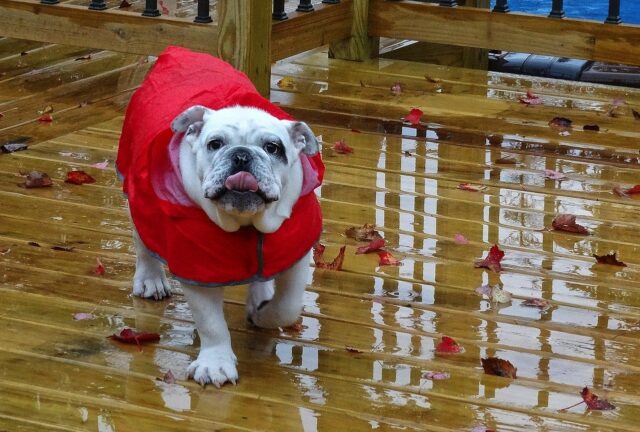
One of the most critical factors of puppy training is reward training. Praise your puppy whenever he does something suitable, such as chewing on toys instead of your shoes or performing toilet duties outside the house. Spend time with your puppy in his training months so that it is easier to train him.
House training should be establishing routines for him to do things while you are with him so that you can provide him with rewards. It also lessens the chances of him doing the wrong things, like urinating or pooping inside the house.
When you cannot be home, ensure that he can be somewhere confined to do his toilet duties. Only leave him alone inside the house once he is fully housetrained unless you want some accidents to happen.
Crate-training vs Confinement
Crate training involves introducing your puppy to his sleeping quarters. Puppies do not like dirty sleeping areas, and crate training usually goes hand in hand with toilet training. Confining, however, curbs his freedom to move around and stops him from eliminating his space.
There are two types of confinement: short–and long–term. Short–term confinement is when you leave him in an isolated space so he does not eliminate and will eliminate only as soon as you release him. Long-term confinement controls mistakes and accidents in a designated area when you are not home.
He learns to hold the pee and go at specific times. Let him out and walk him on a leash outside on those schedules. Confining him to a crate should be done when you are at home. Let him out at night to relieve himself whenever he feels like it.
Write down his schedules during crate training. But make sure that you also feed him on a given schedule. It allows you to arrange when you will take him out of the crate to walk and eliminate outside. After which, give him the freedom to move around the house under your supervision.
Confine him to a crate one hour before the scheduled time of elimination to prevent him from deviating from the schedule. Be consistent and give him many rewards and praise after every elimination on the correct spots. This way, he will be training his body on this schedule and reduce any mistakes that can come up in the future.
Mistakes and accidents can happen during training. Learn to accept this. Just clean up the urine or poop when it happens. Make sure to disinfect it to remove any scent of elimination, as dogs like to eliminate on the same spot. Do not scold him. That won’t help.
Mistakes happen when you allow your pup to move around without your supervision early and cannot foresee his correct elimination schedule. Please return to the drawing board and continue crate and toilet training until you both get it right.








